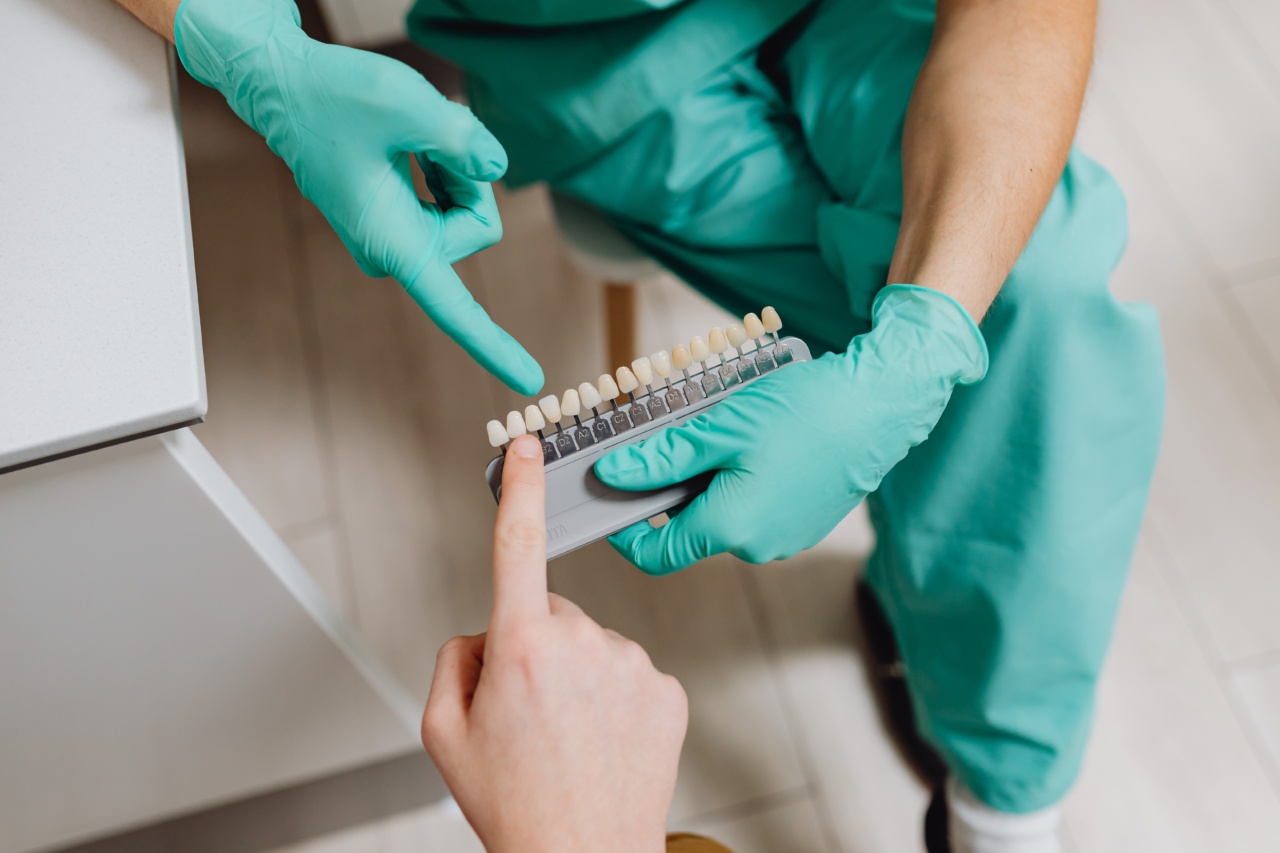Your teeth are one of the most important parts of your body. Not only do they allow you to chew your food, but they also make your smile look great! However, dental problems can occur without warning and can cause extreme pain or discomfort.
There are several ways to maintain good dental health, but sometimes it can be difficult to know how to deal with dental issues as they arise.
In this guide, we will provide some tips and tricks to help you handle unexpected dental problems that may arise.
What to Do in Case of a Toothache
A toothache can be excruciatingly painful and can occur out of nowhere. If you experience a toothache, rinse your mouth with warm water and apply a cold compress to the affected area to reduce swelling.
You can also take acetaminophen or ibuprofen for pain relief. If the pain persists, consult with your dentist immediately.
How to Handle a Broken Tooth
If you have a broken or chipped tooth, rinse your mouth with warm water and apply a cold compress to the affected area to reduce swelling.
Save any broken tooth fragments and take them with you to your dentist, as they may be able to use them to repair your tooth.
What to Do in Case of a Knocked-Out Tooth
If a permanent tooth has been completely knocked out, there is a small window of time in which it can be saved. Pick up the tooth by the crown, and rinse it gently with water.
Avoid touching the root of the tooth, and try to reinsert it into the socket if possible. If you cannot reinsert the tooth, keep it moist by placing it in a glass of milk or holding it between your cheek and gums. Seek emergency dental care immediately.
How to Handle a Lost Crown or Filling
If a crown or filling has fallen out, rinse your mouth with warm salt water and apply a temporary dental cement that can be found at your local drugstore. This will help protect the affected area until you can see your dentist.
Preventing Dental Emergencies
While dental emergencies can still occur even with proper maintenance, following basic dental care guidelines can help prevent dental problems from occurring:.
- Brush your teeth twice daily with fluoride toothpaste.
- Floss your teeth at least once a day.
- Avoid sugary and acidic foods, especially between meals.
- Visit your dentist for regular cleanings and check-ups.
When to See a Dentist
In general, it’s best to see a dentist at least twice a year for regular cleanings and check-ups. However, if you experience any dental issues, it’s important to make an appointment as soon as possible.
This can prevent further damage to your teeth and can help prevent future dental problems.
Choosing the Right Dentist
Choosing the right dentist is an important part of maintaining good dental health. When choosing a dentist, consider the following:.
- Experience and qualifications
- Location and convenience
- Cost and insurance coverage
- Patient reviews and testimonials
Research potential dentists and ask for referrals from friends and family to find the right one for you.
Conclusion
Dental emergencies can be frightening, but knowing how to handle them can help prevent further damage and ease pain and discomfort.
By following proper dental hygiene and visiting your dentist regularly for check-ups, you can help prevent dental emergencies from happening in the first place. Remember to act quickly if a dental emergency does occur and seek immediate medical attention if necessary.























